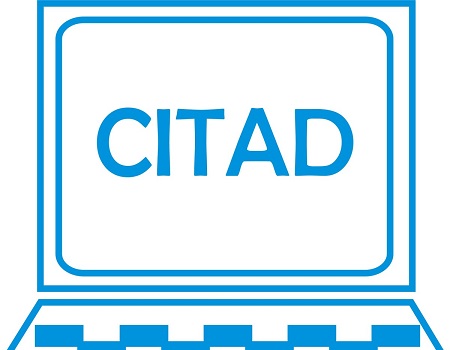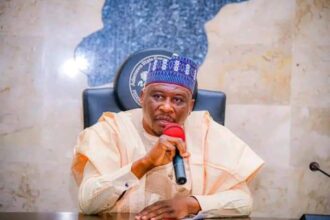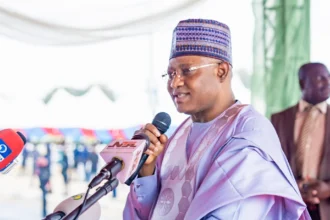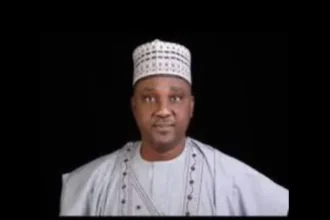The Center for International Technology and Development (CITAD) says it has identified 420 Facebook, Twitter and Blog account created in the name of some governorship candidates and their political parties promoting hate speech ahead of the November 16th governorship election in Bayelsa state.
CITAD at a press conference held in Yenagoa yesterday advised governorship candidates and their political actors to track and shut down any fake social media platform created in their names avert violence that may erupt as a result of the promotion of hate speech during the election.
According to the coordinator, countering hate speech project of CITAD, Hamza Ibrahim, access to the commonwealth, ethnic and gender-based arguments generated more hate speeches in the data they collated from the internet.
In a bid to forestall violence that may emanate from the spread of hate speeches during and after the forthcoming election, Hamza appealed to actors in both the Peoples Democratic Party (PDP) and All Progressives Congress (APC) in the state to sanitise their political statements/comments in verbal, written or illustrative form.
ALSO READ: Kogi: Bello redeploys advisers, appoints new aides for dep gov, CoS
He further revealed that the group has discovered fake Facebook and Twitter accounts opened in the name of the candidates of the PDP, Senator Douye Diri, and APC, Chief David Lyon, promoting hateful and inciting statements, urging them to audit and deactivate such accounts.
“Bearing in mind that the population of Nigerians on social media platforms is growing, and the online visibility of conventional media also gives room for discussion, we are raising awareness towards addressing the consequences of hate speech.
“As the gubernatorial election in Bayelsa state continues to approach, we have monitored and tracked a total number of 420 hate speeches, especially ones targeted at women, on Facebook, Twitter and Blogspots.
“The hate speeches were tracked from groups, pages and individual posts on Facebook, on Twitter from tweets and replies to tweets. On webpages of conventional and online newspapers, hate speech items emerged from the comments sections.
“From the data that our observatory did capture, it is obvious that hate speech especially online by followers of both parties may be undermining the peaceful conduct of the election. Use of pictures of animals and derogatory symbols are continuously becoming common amongst the member of political parties online.
“The volume of hate speech we are seeing as the election continues to approach is frightening and even more frightening is the fact that some influential voices are also involved in making hateful remarks/comment.”








